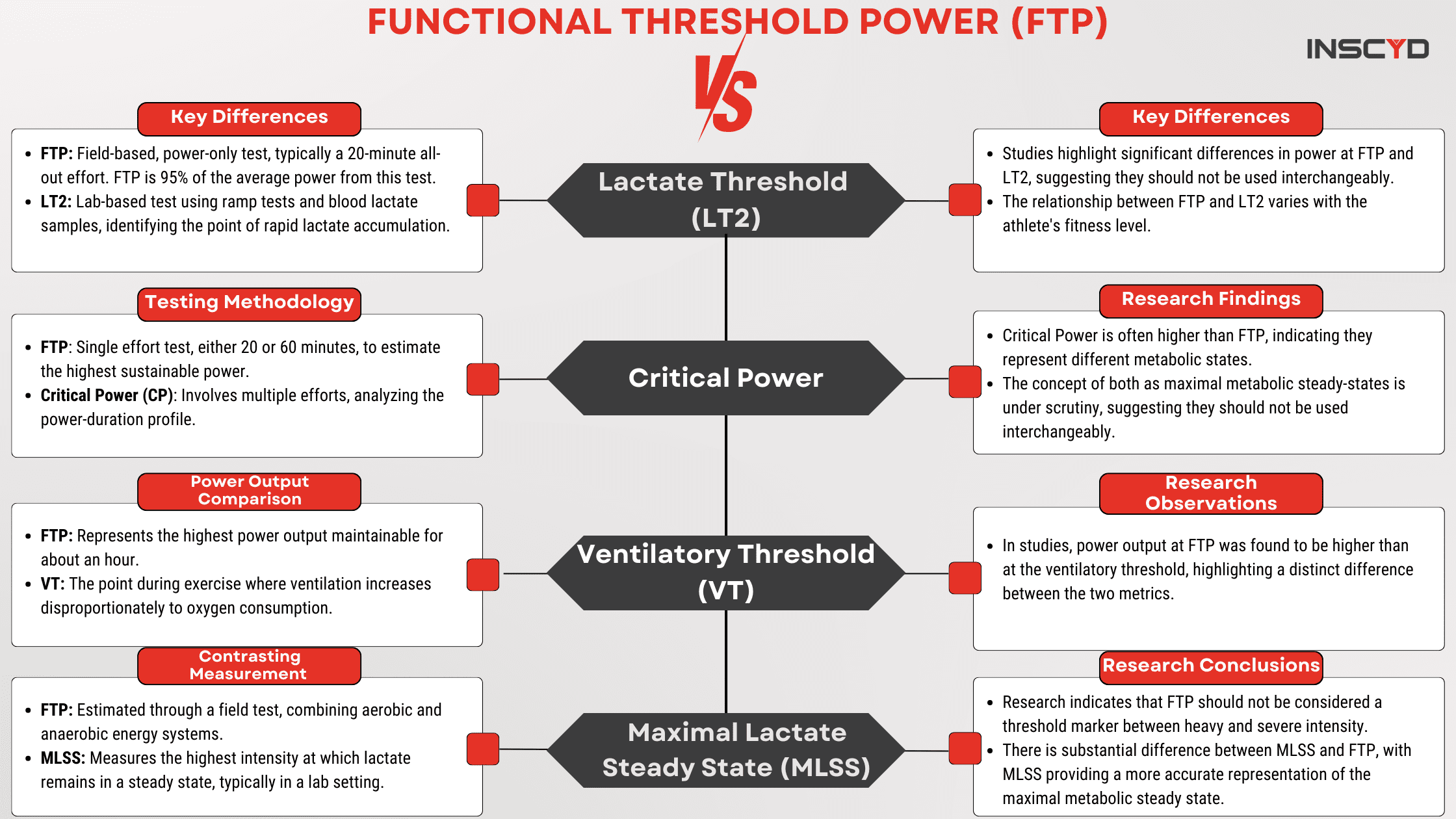# What Is the College Football Poll and Why Does It Matter?
For millions of fans, college football poll rankings spark debates, headlines, and playoff dreams every fall. But what exactly is a college football poll, and why does it shape the fortunes of teams coast to coast? At its core, the college football poll is a weekly ranking system used to determine the relative strength and performance of NCAA football teams throughout the season. These rankings influence playoff berths, bowl selections, media narratives, and even recruiting strategies.
Today, let’s take an insider look at how college football polls work, common misconceptions, actionable strategies for leveraging them, and must-know tips for every fan.
# Decoding the Different Types of College Football Polls
Perhaps you have heard of the AP Poll and Coaches Poll, but did you know they work differently and sometimes contradict each other? Let’s break down how these polls operate:
| Poll Name | Who Votes? | Key Features | Impact |
|---|---|---|---|
| AP Poll | Sportswriters & Broadcasters | Human panel, publishes weekly | Media narrative; fan opinion |
| Coaches Poll (USA Today) | NCAA Head Coaches | Active coaches, weekly ranking | Team perspective; influential in playoff seeding |
| College Football Playoff Rankings | Selection Committee | Selected experts, starts mid-season | Directly determines playoff teams |
While both the AP and Coaches Poll rely on human voters, their individual perspectives can lead to varying results. For instance, in 2022, Georgia topped both the AP and Coaches Polls after their championship run (Source: NCAA.com). What’s interesting is that coaches sometimes rank peers and rivals differently due to personal experience or conference alliances, subtly shifting the standings.
# How Do College Football Polls Affect Teams and Fans?
It’s no exaggeration—the college football poll wields major influence over both programs and fans. Teams in the top 10 not only get boosted TV exposure and increased ticket sales but also a recruiting edge. According to Sports Illustrated, 78 percent of four- and five-star recruits in the last five years signed with schools ranked in the poll’s Top 15 (Source: SI.com).
For fans, a team’s place in the rankings affects everything from watercooler talk to betting lines and social media buzz. That said, the polls are far from perfect, and understanding their power—and flaws—is critical.
# Biggest Misconceptions and Common Mistakes about the College Football Poll

Many fans believe college football polls are purely objective. Here’s an important reality check: polls are packed with bias, narrative, and reputation factors. Some common mistakes include:
– Overvaluing preseason rankings: Early polls are notoriously unreliable because they’re based on last year’s performances.
– Assuming all voters are neutral: Both journalists and coaches have personal stakes, conference loyalty, and limited game-watching bandwidth.
– Ignoring strength of schedule: Teams with weak opponents may be overrated, while strong performers with tough schedules remain underrated.
Additionally, a lot of people confuse human polls with computer rankings. While the old BCS system relied heavily on computers, today’s playoff rankings are still determined by a selection committee, prioritizing human judgment.
# Proven Step-by-Step Guide: How to Analyze and Use College Football Polls Effectively
Want to get ahead of the crowd? Follow this five-step guide to make smarter predictions and debates based on college football poll results.
1. Track Trends, Not Just Weekly Changes
Don’t get caught up in one week’s leap or drop. Chart multi-week trends to spot consistent risers and fallers.
2. Compare Multiple Polls
Always check the AP, Coaches, and CFP committee polls for discrepancies. If a team is ranked high in one but not the other, dig into the reasons.
3. Understand Criteria
Learn how each poll weighs recent wins, margin of victory, conference strength, and injuries.
4. Investigate Outside Factors
Is a team’s schedule unusually tough this year? Did a key player just get injured? Look beyond the numbers.
5. Check Insider Insights
Follow beat reporters, analytics accounts, and podcasts for context not shown in a simple poll number.
According to my experience as part of a college sports analytics team, following these steps has improved our weekly bet predictions and fan engagement dramatically.
# Warning: Common Poll Pitfalls You Must Avoid
ATTENTION: One of the most frequent errors among fans and analysts is reading too much into a single week’s results. Rankings often overreact to upset wins or injuries, but seasoned poll-watchers wait two or three weeks to see if trends are real. Another pitfall is missing late-season shifts—when voters pay more attention to head-to-head matchups, conference championships, and strength of victory.
The final playoff field is selected by a committee, not a computer or poll voters, which means decisions can seem subjective—even controversial. Remember, human factors always matter.
# Advanced College Football Poll Strategies for Superfans and Newcomers
Whether you are an old-school fan or just getting started, try these expert tips:
– Use poll movement to spot undervalued teams for betting or fantasy leagues.
– Analyze preseason polls, but remember they often miss breakout teams.
– Watch for “groupthink” effect, where voters copy each other—outliers can reveal hidden value.
– Follow sharp changes in the Coaches Poll; they often reflect on-the-field realities before the media catches up.
# Ultimate College Football Poll Success Checklist
– Search for and compare the AP Poll, Coaches Poll, and CFP Rankings every Monday.
– Note which teams are quickly moving up or down; investigate why.
– Review each poll’s criteria—understand what voters value this week.
– Track injuries, schedule strength, and upcoming matchups for top teams.
– Avoid jumping to conclusions from headline upsets; trends matter more.
– Learn to spot media narratives that might skew voter perceptions.
– Use advanced stats and insights from reputable college football analysts.
Unlocking the secrets of the college football poll won’t guarantee your team a title—but it will make every Saturday’s action even more thrilling!



















